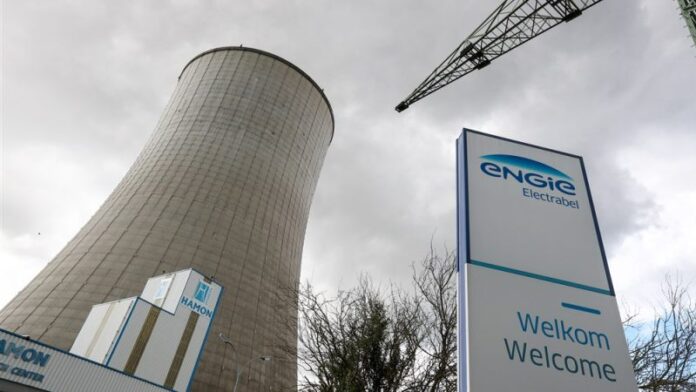Belgium has agreed with operator Engie to extend the use of the country’s nuclear reactors by 10 years after Russia’s invasion of Ukraine prompted Belgium’s governing coalition to rethink plans to rely more on natural gas, according to Euractiv.
According to the agreement, Belgium was to have exited nuclear power entirely by 2025, but will now extend the lives of its two newest reactors, Doel 4 and Tihange 3.
“It strengthens our electricity supply, reduces our country’s energy dependence and guarantees the production in Belgium of low-carbon, low-cost electricity,” Prime Minister Alexander de Croo said in a statement.
The accord with the French utility also sets a price for future nuclear waste management costs of €15 billion. Based on current nuclear provisions, Engie’s total nuclear liabilities to Belgium now amount to at least €23 billion.
That agreement also includes creating a 50:50 joint venture to manage the units.
“It gives Engie the necessary visibility on the overall cost of nuclear waste management and significantly reduces the risks associated with extending the two units,” Engie CEO Catherine MacGregor said in a statement.
Energy minister Tinne Van der Straeten said the deal allowed Belgium to secure the financing of nuclear waste management for future generations.
“The war in Ukraine has profoundly changed Europe’s energy landscape, and it has become urgent to rid ourselves of our dependence on fossil fuels and take our energy back into our own hands,” van der Straeten said in a statement.
However, during the plenary session in the Chamber that followed the announcement, liberal MP Marie-Christine Marghem, the country’s former energy minister, expressed a few criticisms.
“A ten-year extension seems insufficient to us to guarantee the security of supply in the medium and long term,” she explained. She pointed out that supply problems could be expected in 2026-2027 and beyond, with electricity consumption set to increase by 50 to almost 100% between now and 2035-2050.
But the energy minister was also keen to point out Belgium’s recent decision to speed up its energy transition, particularly to the country’s plans to triple its offshore wind power in the North Sea by 2030.
Earlier, the government announced it would reach its goal of achieving climate neutrality by 2050 with the acceleration of its energy independence, especially towards fossil fuels, by focusing on renewable energies and regaining control over its short-term energy needs through the prolongation of Doel 4 and Tihange 3 for ten years.
Belgium is currently the second country in the world regarding offshore capacity per capita, just behind Denmark. According to the government, Belgian wind farms in the North Sea produce 2.26 GW of offshore energy, and Brussels aims to triple this production by 2030 to reach 6 GW.
Tihange is a 1,038 megawatt (MW) reactor in eastern Belgium. Doel is a 1,039 MW reactor near the port city of Antwerp. The reactors, which entered service in 1985, make up 35% of the country’s nuclear energy capacity.
The agreement is expected to be implemented at the end of July 2023.


